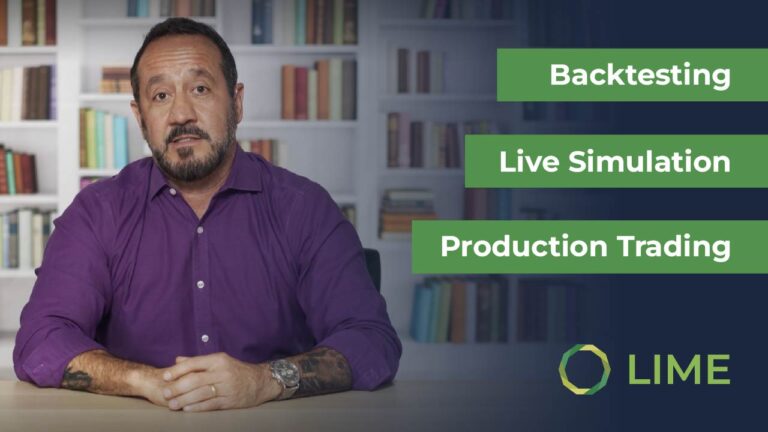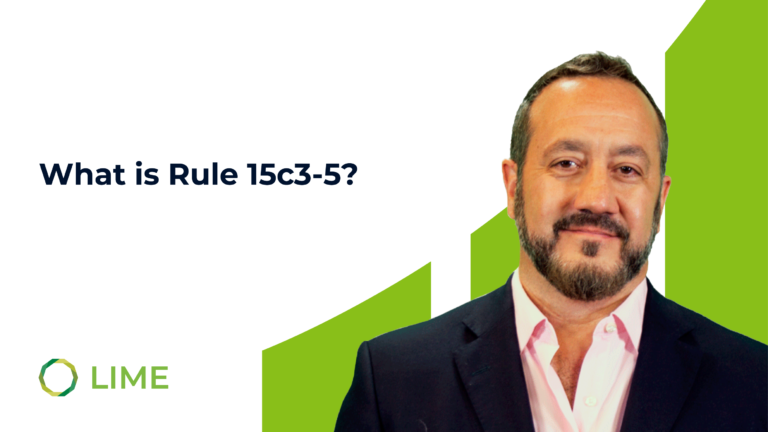
If you’ve purchased a car in the last 10 years, you’ve no doubt heard the term “dealer cost” which is cleverly worded to imply if you can get a car at dealer cost, the auto dealer will not make a profit on the sale. If you dig deeper however, or speak to someone in the industry, you will learn that the dealer does in fact make money on a car or truck sold at dealer cost because the auto manufactures give the dealership rebates that take the cost of the vehicle below the printed “dealer cost.”
In many ways the auto manufacturer’s dealership rebate is like the retail trader who doesn’t know about all the benefits of dealing with a direct access broker.
Many retail traders think they are getting a great deal, but like the new car purchase example above, they don’t know all the potential benefits that they’re leaving behind by dealing with a standard, non-commission brokerage.
“Commission Free” Brokerage Firms Could Be Costing You More
When dealing with a brokerage firm that does not provide direct access, the retail traders’ options are limited to how they can route their orders. There are benefits to dealing with a brokerage firm that lets you choose exactly which exchange to route your order. Being able to choose an exchange to route your order to opens a world of options, including potential rebates, and depending on the exchange, can even give your buy or sell order a higher priority than even the institutional traders.
When a trader is dealing with a standard noncommission brokerage firm, they are surrendering control of this order to whoever they sell their order flow to. While they may be getting the best fill that that particular market maker provides, they may not be getting the best fill available in the overall market at that time. For larger and more active retail traders this can add up over time. What this really means is that the “commissions” they are saving could be costing them more in the long run.
Potential Direct Access Brokerage Firm Rebates and More Control Over Fill Price
Utilizing a direct access brokerage firm solves these issues in a couple of different ways.
First, the trader can now participate in potential trading rebates provided by various exchanges. For example, by placing limit orders instead of market orders, the trader may get rebates back on their trade.
These rebates can add up over time — so not only does the trader have more control over the fill price because they can specify the exact price in which they would like to transact the stock trade thereby ensuring that their order is not filled in a way that could benefit the brokerage more than the trader. They may also get back rebates that can help offset any costs of order execution through the direct access broker and many times get paid to execute the trade by providing liquidity.
For example, the following table shows some of the different rebates provided by various exchanges for orders that are retail attested. The amounts listed are on a per share basis.
Rebates Offered by Exchanges
| Exchange | NASDAQ | CBOE EDGX | ARCA | NYSE |
| Retail Rebate | $0.00325-$0.0033 | $0.0032-$0.0037 | $0.0032-$0.0038 | $0.003 |
Retail Priority Orders
Another benefit that has been introduced by the CBOE is to give appropriately marked orders, retail priority. These retail priority orders move to the head of the order queue at the give price. This can greatly affect execution and is another benefit on top of getting the rebates outlined above.
The following graphic from the CBOE, shows exactly how the CBOE EDGX retail priority order queuing process works.
How Retail Priority Orders Work
Not Always a Positive
While rebates may sound like the best thing you’ve never investigated, there can be issues. For example, markets are very fragmented. You may think you’re getting a rebate, but you end up paying a fee depending on where your order was routed. This may be due to the timing of your order being out of line with the current market, or perhaps your order was routed to an inverted exchange, and you assumed the order was headed to a traditional maker-taker model exchange. These are details that can be worked out if you are dealing with the right brokerage, but it shows that making rebates the focus of your trading isn’t always the best route.
Final Thoughts
A well-informed trader, utilizing a Direct Access Brokerage firm that enables them to take advantage of specifying their order routing and order type and securing both potential trading rebates and retail priority order flow can be a huge benefit — instead of simply relying on a commission-free broker that doesn’t provide these advantages.
Similarly, to the way one who doesn’t know about car rebates may think they are getting the best possible deal…
The active retail trader that doesn’t take the time to learn about order routing, rebates and order priority may be leaving money and execution benefits on the table. Of course, fills are not guaranteed, but when you get a fill that qualifies for a rebate you should receive it, as it can add up substantially over time.




